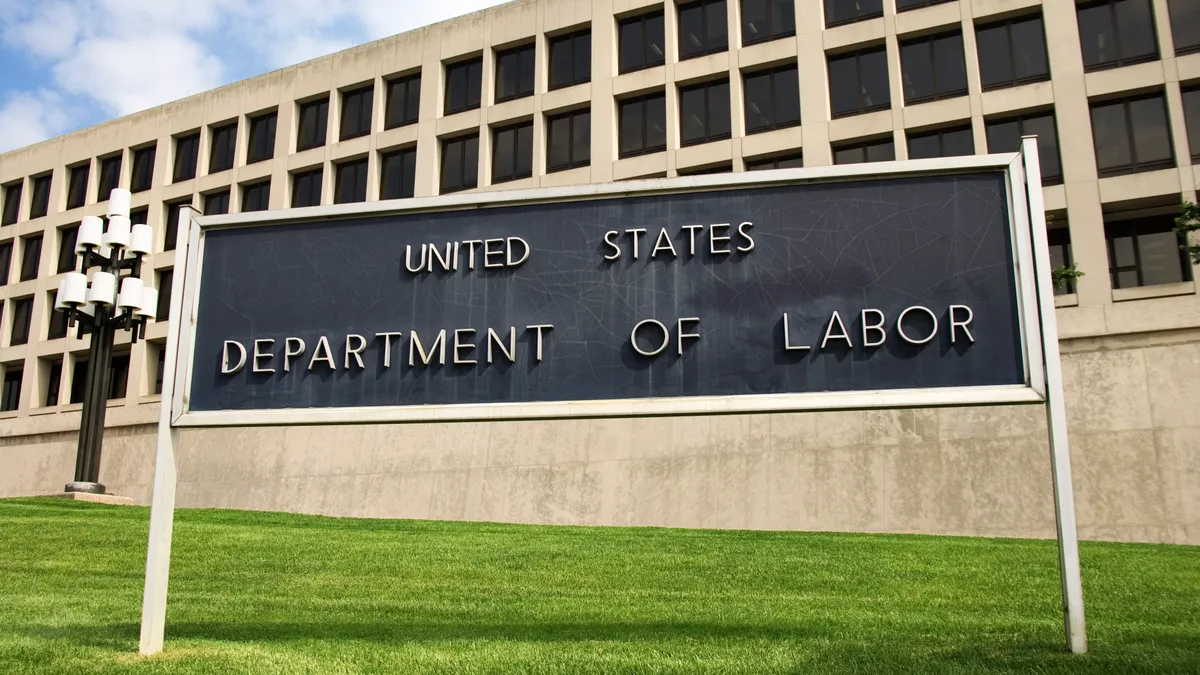Dive Brief:
- A Trump-era independent contractor rule implementing the Fair Labor Standards Act is now in effect after a federal district court concluded March 14 the Biden administration violated federal law in rescinding the regulation.
- The rule is generally seen as employer-friendly and implements an "economic reality" test for determining whether a worker is an employee or independent contractor for wage and hour purposes.
- The regulation may not be in effect for long, however. Seema Nanda, the solicitor of labor, said in a statement provided to HR Dive that the department is evaluating all legal options, "including the potential need for rulemaking."
Dive Insight:
The Trump administration published its rule Jan. 6, 2021, moving to expand the pool of workers businesses could classify as independent contractors.
Following President Joe Biden's inauguration, however, the new administration first delayed and then rescinded the rule before it could take effect. Biden's DOL said the regulation was inconsistent with the text and purpose of the FLSA and ran up against case law.
But both the delay and the rescission violated the Administrative Procedures Act, the district court determined last week. That law requires federal agencies to meet certain standards in rulemaking and the Biden DOL fell short of those requirements, it concluded. Among other things, the move required a longer notice-and-comment period because of the change's substantive nature, the court said, and DOL failed to consider alternatives to rescission.
DOL's next steps could include an appeal of the court's decision, according to several management-side attorneys with Jackson Lewis. Alternatively, and as Nanda noted, the agency also could adopt a new rule "that evades the APA shortcomings on which the district court based its ruling," the lawyers said in a blog post for the firm.
Notably, these recent moves do not affect state independent contractor tests, nor do they address contractor status under other laws such as the National Labor Relations Act. Stakeholders have for years asked that regulators coordinate — or Congress intervene with legislation — to streamline those tests, but efforts have not gained momentum.













